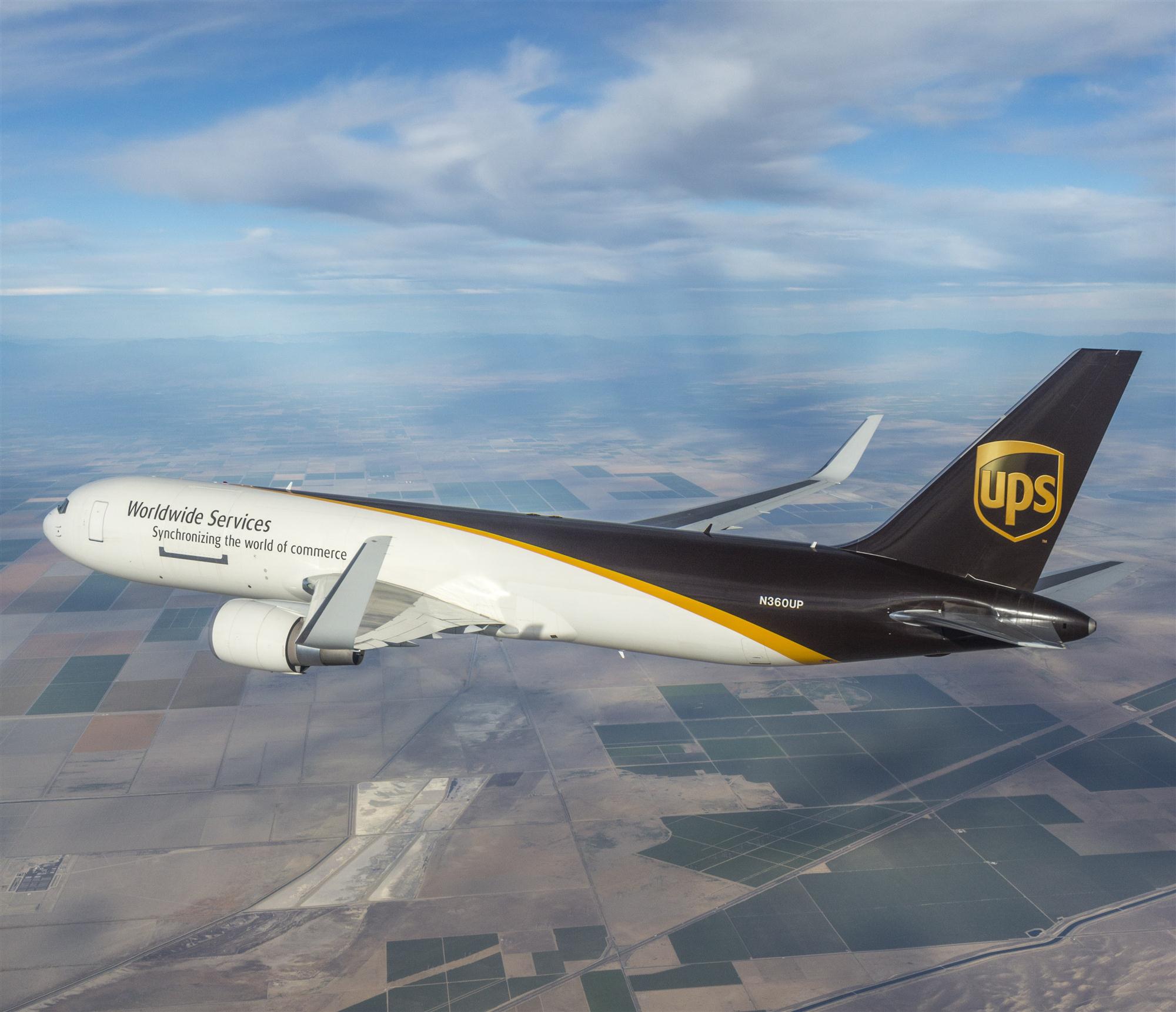UPS is training its sights firmly on India. The integrator has taken steps to expand its presence in India through partnerships that reach beyond the country’s major gateways. Within weeks it announced agreements with two local partners with networks around the country.
In January, UPS announced a partnership deal with First Flight Couriers. First Flight, which has a network of 1,200 offices in India’s metropolitan and urban centres, is now the US firm’s authorized shipping outlet. Indian customers can book international shipments with First Flight, which will in turn make use of UPS’s global shipping network, the integrator declared in a statement.
 “Demand for international express delivery service is on an upswing in India, with increasing penetration in cities and towns,” said Mark Martyn-Fisher, managing director of UPS India. “First Flight Couriers is a valuable ally.”
“Demand for international express delivery service is on an upswing in India, with increasing penetration in cities and towns,” said Mark Martyn-Fisher, managing director of UPS India. “First Flight Couriers is a valuable ally.”
His company’s second expansion drive in India, which was unveiled in early December, is aiming beyond the urban conurbations at rural markets. To that end, UPS joined hands with Connect India, a fledgling logistics provider aiming at the last-mile delivery sector.
According to Ram Menen, former head of cargo of Emirates and now non-executive chairman of Connect India, the rural market covers 70% of India’s population. Standard international transaction processes associated with express parcel shipments face challenges there, as an estimated 55-60% of business is conducted on the basis of cash on delivery, not pre-paid using credit cards, he added.
Connect India is a newcomer to the scene, having been launched in the summer of last year. Its objectives reach beyond logistics to establish connections between rural and urban India as well as between rural India and the outside world.
“We aim to become the drop-box for all domestic, international and banking needs in India. The Indian e-retail market is expected to grow to US$20 billion by 2017 and about 3 to 4 million packages will be delivered in the next three years, which can only be achieved by creating last-mile distributions through strategic partnerships,” said Connect India founder and CEO L.R. Sridhar.
He added that his company’s objective would entail “first and foremost, evaluating possible business models and riding the wave of mobile internet connectivity to create a relevant marketplace platform for rural India. Even as we explore new alliances to improve our last-mile distribution capabilities, being UPS’s authorized shipping outlet will open up a whole new international market for our customers,” he said.
The infrastructure that Connect India is utilizing to establish a delivery network is the country’s Common Service Centres, a network of stations formed under the central government’s initiative to digitize most aspects of public service, from passport and ID card processing to handling electricity payments. Essentially CSCs are meant to be the conduit for Indians to deal with government agencies. These CSCs have been set up under a public-private partnership scheme. For the most part, these are based on existing official or commercial venues, such as local grocery stores.
Out of a total of nearly 150,000 CSCs, Connect India has so far built a network of some 3,500. Its management aims to boost this number to 15,000 by the end of March and up to 50,000 by the end of fiscal 2016/2017. They act as drop stations for parcel shipments and perform final-mile delivery.
“The platform is absolutely neutral,” said Menen. “FedEx, DHL and other companies are free to use it for their deliveries. The outbound traffic goes on UPS.”
Providing local artisans a channel to showcase and market their products is one key element of the Connect India scheme, Menen said.
By Ian Putzger
Air Freight Correspondent | Toronto